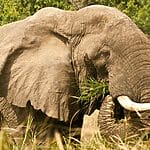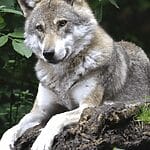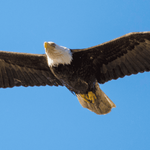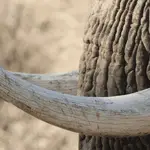Animal poaching is a barbaric practice, and one that has had numerous implications for animal species all around the world.
This is especially true of endangered (or even critically endangered) species, and there are unfortunately many methods (and facets of the business) that poachers adhere to.
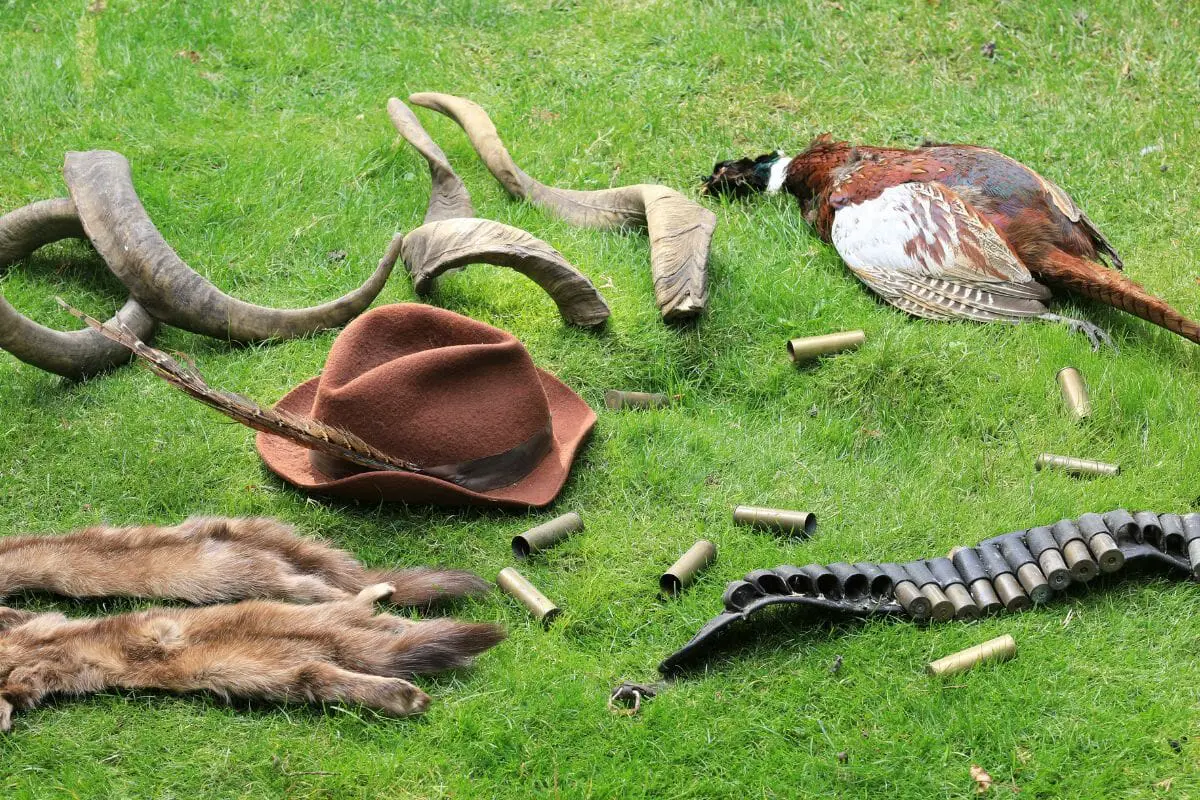
But what exactly is the law regarding poaching, and what are people doing to curb the practice?
What Is Poaching?
With regards to wildlife, poaching is the practice of illegally hunting or capturing wild animals(see also: What Is Animal Poaching?) – usually with a view to harvesting valuable commodities (such as ivory), or to sell them to wealthy clients on the black market, where the ‘exotic’ pet trade continues to boom.
Hunting
Much of the poaching that occurs in rural north Africa surrounds the practice of hunting and killing animals for their pelts and ivory.
This is true with regards to elephants and species of rhinoceros – the latter of which has been hunted to near extinction by the extreme volume and tactics used.
Other species can also be used as valuable and (supposedly) potent health commodities – such as for aphrodisiacs, medicinal components, and good luck charms.
One such example is the pangolin – which has been hunted and poached to endangerment in many parts of Asia, where it is considered an important medical ingredient.
Other reasons for poaching include illegal meat trades – with one example being the endangered axolotl, (see also: Why Are Axolotls Endangered?)which has also been hunted to near extinction in the wild.
Capturing
The other facet of the poaching industry is the demand and supply of wild animals as exotic pets on the black market.
This tends to revolve around species of primates, large cats (lions and tigers), reptiles, and numerous other species that are considered desirable and signs of wealth and status amongst some of the world’s wealthiest people.
Is Poaching Illegal?
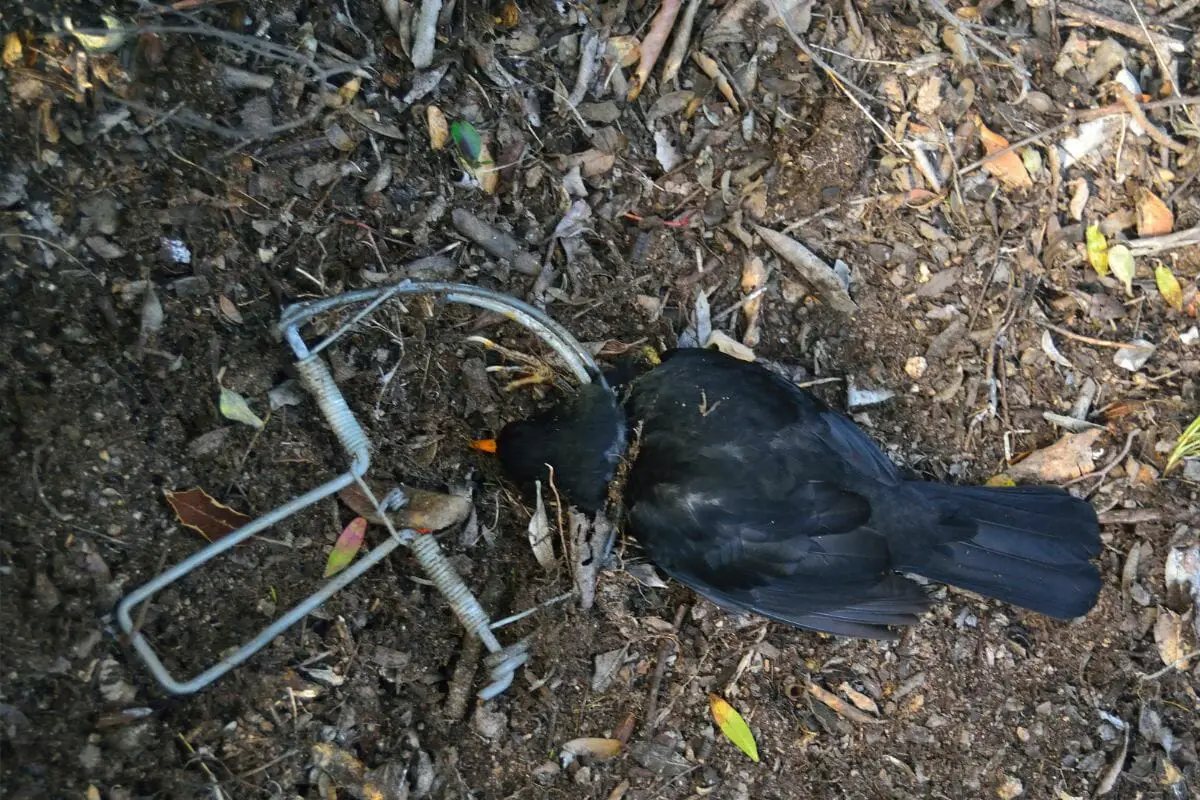
This is a complex question, and one that does not have a simple answer.
This is because, depending on where in the world you are, the legislations can be different – and likewise are observed to greater and lesser degrees of severity.
United States
In the United States, poaching of owned animals has always been a source of contention, and one that has seen numerous armed conflicts arising over the centuries.
Some examples include the ‘Oyster Wars’ of the Chesapeake Bay, and the US-British joint operations to stop the illegal poaching (see also: 10 Proven Methods To Stop Poaching)of seals in the Bering Sea.
Even in contemporary times, violations of hunting laws, and issues pertaining to protected species and private land are often punished harshly, and several states in particular continue to uphold strict beliefs over the ethical and proper ways to hunt.
As such, there are many acts considered to violate hunting and poaching laws, some of which include:
- Hunting, killing, and collecting endangered wildlife.
- Fishing and hunting without a license.
- Capturing wildlife outside of allotted hours – i.e. outside of hunting season.
- Use of machine guns, poison, explosives, snare traps, pit traps, and nets.
- Other offenses including incorrect weaponry – such as unconventional hunting weapons, excessively high caliber rounds, and other highly dangerous equipment.
- Hunting from a moving aircraft or vehicle.
- Shining deers with spotlights at night to diminish their natural defenses.
- Baiting food with drugs, poison, or other substances.
- Taking wildlife on restricted or owned land.
- Taking or killing tagged animals used for research.
- Shooting animals in confined areas – such as sheds and barns.
United Kingdom
The United Kingdom has a much more complex history with poaching, and one that has often been subject to issues of class and the aristocracy.
Poaching and smuggling have had a long history in the UK, and it has changed much over the years.
Norman king William the Conqueror was a keen huntsman, and established forest law throughout Britain.
This separated the woodlands from the law of the land, and as such the rules of what was and wasn’t acceptable were somewhat relaxed while hunting.
This changed as the centuries progressed, with rules being divided in terms of class, with peasants and the lower classes being prohibited from hunting game, specifically that which fell under the ownership of land owners and other nobles.
This separation based on class led to the romanticisation of poaching – where it was painted in the same light as the noble pursuits of Robin Hood and other rebel outlaws.
However, land owners were highly successful in enforcing the modern concepts of property, many laws of which have remained to this day in one form or another.
Continental Europe
Likewise, continental Europe has had a long and complex history with poaching – especially the legalities surrounding the act.
While ancient Germanic law was enforced in Austria and Germany – which allowed any free man to hunt on common land – newly established ‘Roman law’ restricted hunting to the upper class landowners.
Modern hunting rights were born from this concept of private ownership, developed fully in the 17th, 18th, and 19th centuries – and many of these rules extended so much as to bar peasants from sharing forests with landowners, collecting resin, letting animals use wood pastures, and their individual rights to hunt and fish.
As such, poaching also had a sympathetic, romantic image in Europe until the early 20th century – viewed as a rebellion against the monopoly the rich had on hunting rights and game throughout central Europe.
Africa
While there are numerous endangered species (see also: 5 Endangered Species Most Affected By Poaching)in Africa, many argue that the rules regarding poaching – and the creation of supposed wildlife-friendly zones – has been implemented as a blanket rule, ignoring the natural, necessary hunting rituals of indigenous tribes that rely on hunting for food.
Many argue that the protection and enforcement of wildlife, while necessary, has been overused and overdeveloped as a means of securing and maintaining the safari industry – attracting millions of wealthy, foreign tourists each year.
That being said, poaching now remains legal in the continent of Africa, despite continued illegal smuggling and poaching operations throughout the various regions.
Methods To Combat Poaching
Due to the constant threat of poaching, numerous methods are employed, including:
- Breeding elephants without tusks in Africa – to dissuade ivory poachers.
- Injecting indelible dyes into ivory.
- Compiling rhino horn DNA for future criminalization.
- Military-style anti-poaching operations – including drones, armored vehicles, and high tech operations gear.
- Education of younger generations.
- Anti-poaching campaigns, and charitable activities.
- Raising awareness.
- Harsh legal penalties – including the death penalty in some countries.
- Seizing/destroying ivory stocks.
- Robotic decoy animals – in the USA.
Final Thoughts
And there we have it, everything you need to know about animal poaching, and the legality surrounding the killing and trafficking of wild and protected animals(see also: Why Animal Trafficking Is A Problem).
We are all aware of poaching in one way or another, and many of us will have seen the impact that the illegal animal trafficking industry can have on wild animal populations, as well as the risk they continually pose to critically endangered species.
Luckily there are numerous laws and practices in place to limit this practice, and hopefully, as awareness and regulations become more prominent around the world, we can continue to protect animal species for years to come.

